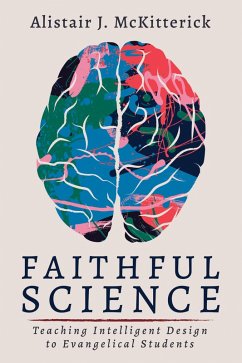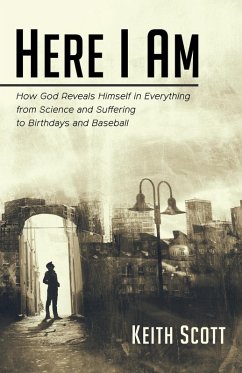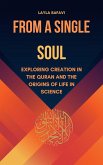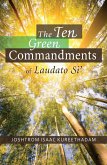This thesis studies the impact of teaching intelligent design to evangelical students. Science is often presented as a reason why some find sharing their faith difficult in a secular culture: teaching the science of intelligent design enables Christians to initiate conversations and overcome obstacles with those whose worldview is more Darwinian and materialist. The professional doctoral research employs both action research and practical theology. Lin Norton's pedagogical action research provides the structure for the qualitative research and thematic analysis, showing that students find learning about intelligent design empowering for evangelism. Richard Osmer's model of practical theology enables an interdisciplinary reflection on how intelligent design challenges Western secular culture. Intelligent design is seen as the most integrative of all the different ways of relating science and theology. Theologically, teaching intelligent design is like teaching a modern parable to contemporary society and, just like the Gospel parables, some respond with faith and some reject it. Evangelical students find learning about it both liberating and empowering in their ability to share their faith more confidently with others, especially in schools and youth groups.
Dieser Download kann aus rechtlichen Gründen nur mit Rechnungsadresse in A, D ausgeliefert werden.









